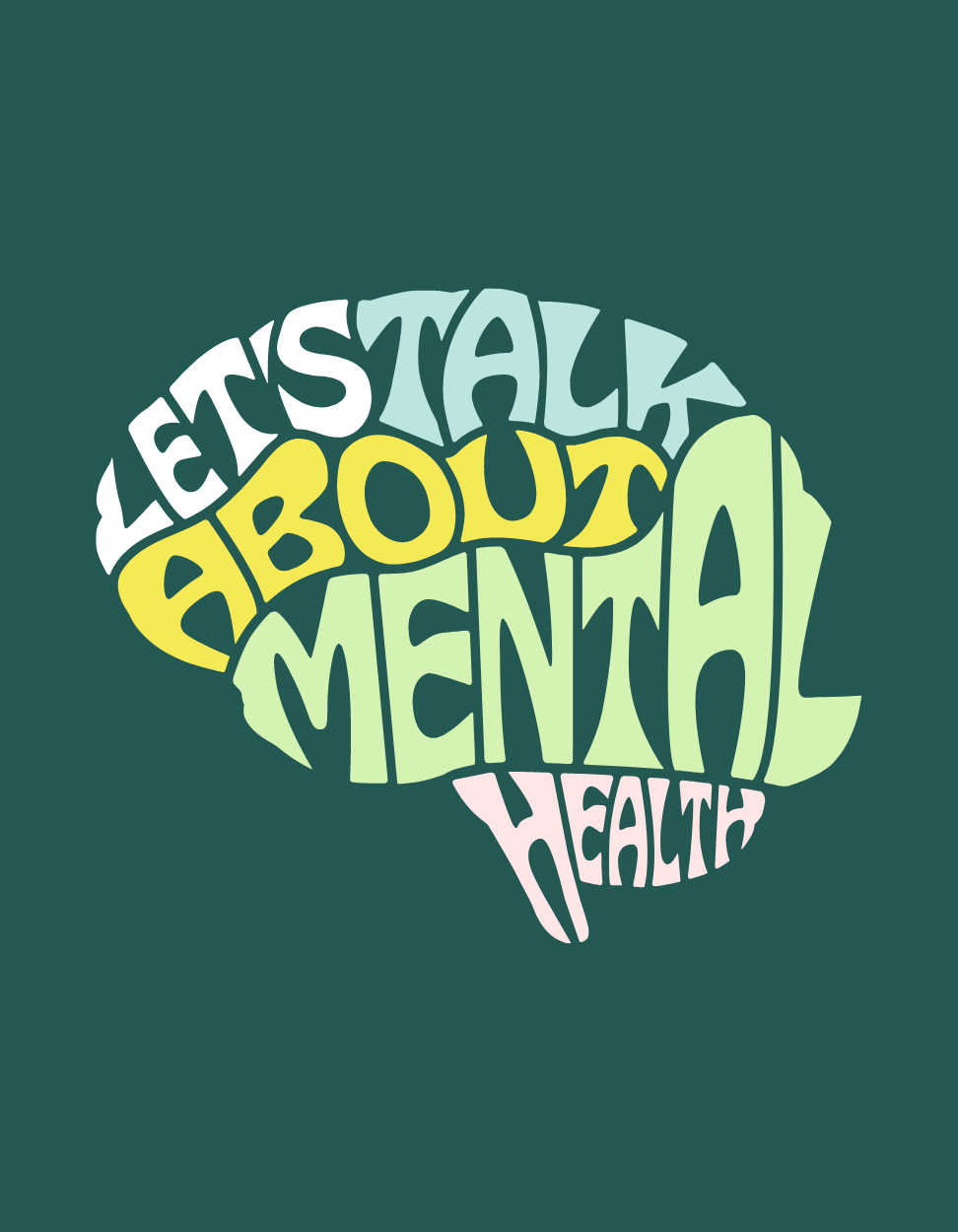Article by: McKenna Hereford, Ph.D.
You’ve most likely scrolled past headlines or posts talking about mental health this month already. Mental health has been a huge topic in the past few years! President Biden even signed a proclamation in 2022 highlighting the need for more mental health resources. Fentanyl, teen depression, mass violence, and social isolation have all dominated headlines in the past couple years. Here are some standout highlights for 2023 (from Mental Health America):
- Over 20% of US Adults are experiencing mental illness. Rates of mental health concerns have spiked in recent years and appear to be exacerbated by COVID-19, economic concerns, and social influences. Overdoses also skyrocketed in 2021, leading to 106,000 deaths that year alone. Importantly, millions of people reported experiencing thoughts related to suicide, and these numbers appear higher for multiracial Americans.
- Over half of US adults facing mental illness do not receive treatment. Decreases in insurance coverage, provider shortages, and stigma might all play a role in this striking number. Even higher gaps in care appear in certain areas of the US, including rural areas and high population growth areas. Cost is a significant barrier for many people, with 23% of adults with many days of mental distress indicating not seeking care due to the cost. According to Mental Health America, there is now one mental health provider for every 350 individuals.
- About 16% of US youth reported clinical depression within the past year. Teens also face difficulty accessing care, even when their caregivers have private insurance. Adolescent girls in particular appear to be facing crises, with 60% reporting persistent sadness in 2021. Almost 20% of teen girls reported sexual violence. LGBT+ teens also are facing higher numbers of mental health distress. Environmental factors, such as unstable housing and isolation, affected mental health concerns among teens, with housing disproportionately affecting queer and BIPOC teens.
- Gun violence has skyrocketed since 2020. According to the Pew Research Center, murder by gun increased 45% and suicide by gun increased by 10% in just two years. Effects of mass shootings leave imprints on society, particularly those who directly witness the events. Researchers have found trauma reactions, anxiety, suicide, and substance use among survivors (Cimolai et al., 2021). In addition to mass shootings that continue to capture headlines, gun suicides have spiked even when controlling for the increasing population in the US.
You might be wondering, what do we actually do about these problems?
This year, it’s more important than ever to learn that we can help our own mental health, our loved ones’ mental health, and our communities! Thankfully, there are many options available, even with reduced access to care. Here are some ideas:
For your own mental health:
- Finding therapy through insurance
- Finding low-cost therapy through training clinics or Open Path Collective
- Asking local therapists if they offer sliding scale fees
- Attending group therapy or support groups
- Locating values-consistent routes to healing
- Spending time with loved ones
- Promoting all forms of wellness wherever possible
For loved ones:
- Asking them what they need in the moment
- Offering support that aligns with your own strengths (emotional, logistical, financial, etc.)
- Spending time trying new activities together
- Encouraging them to find medication, therapy, and/or groups
- Advocating for them as needed, especially for people in minoritized groups
For the community:
- Volunteering for organizations that you value
- Educating yourself on mental health efforts
- Contacting representatives and voting on relevant bills
- Getting involved in activities in the area
- Connecting with neighbors, friends, and people in the area
- Sharing information and resources with the community, especially for people who face more barriers when seeking resources
Connection alone is needed across the board since disconnection during COVID-19.
If you notice changes in you or a loved one, Deep Eddy Psychotherapy is here to help! Even if you’re not sure where to start, call us at 512-956-6463 so we can help you figure out a first step. Importantly, our values include increasing access to care and community. If therapy with us is not an option right now, that’s okay! We have free resources available on our website:
References
Cimolai, V., Schmitz, J., & Sood, A. B. (2021). Effects of mass shootings on the mental health of children and adolescents. Current psychiatry reports, 23, 1-10.
Mental Health America
National Institutes of Health
National Institute on Drug Abuse

